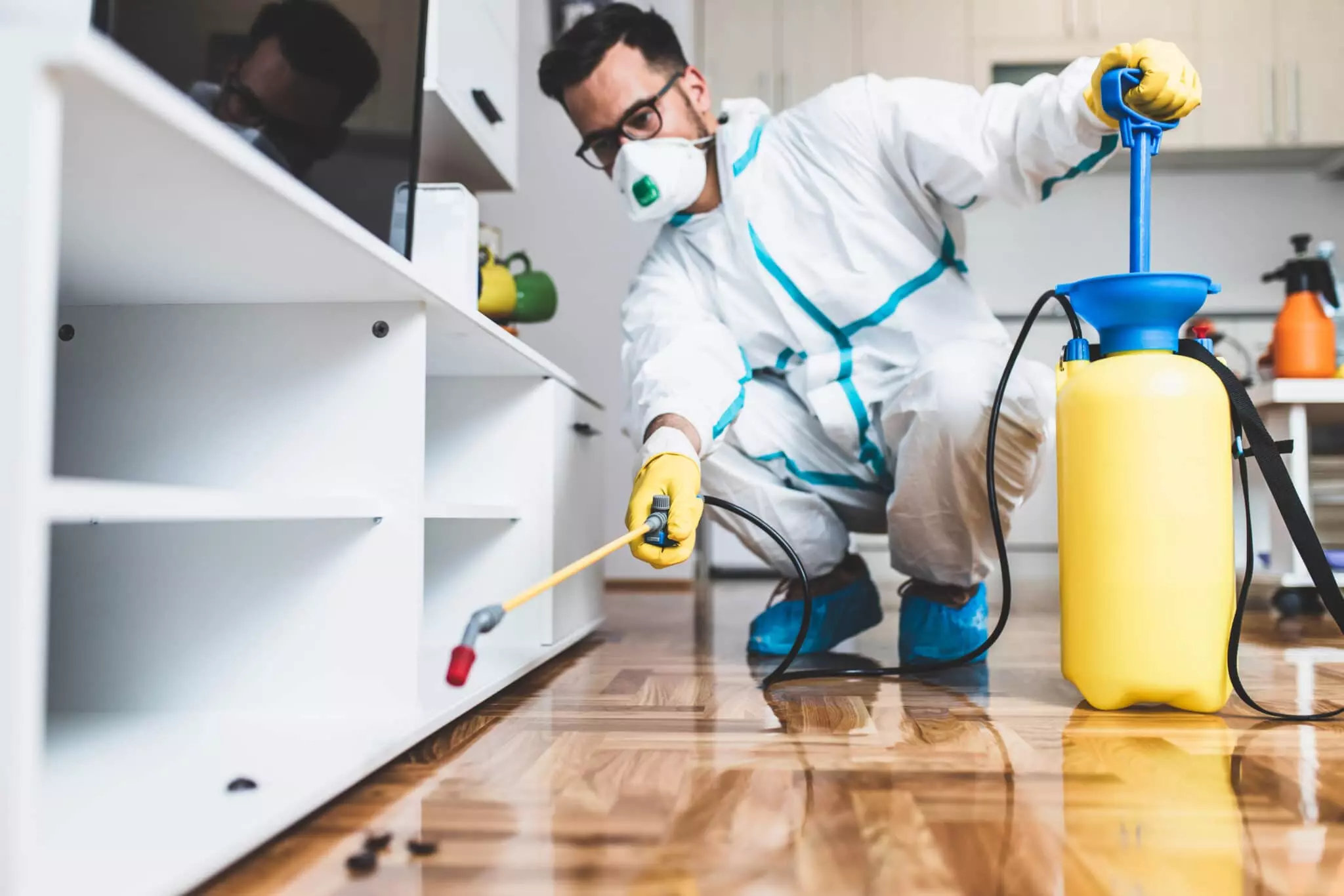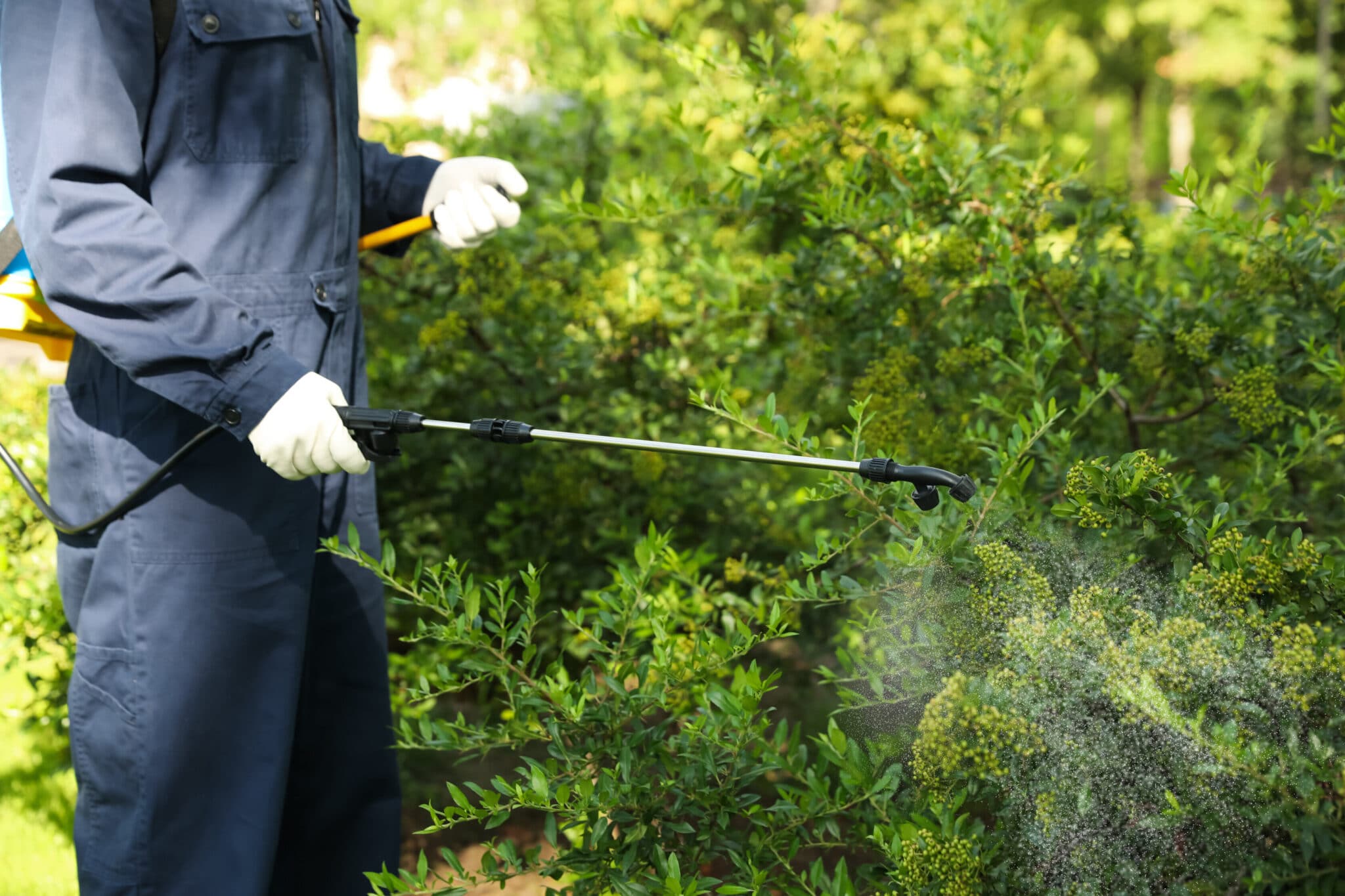Safe and Dependable Insect Control for Lasting Security
The value of safe and dependable pest control can not be overstated, particularly in an age where ecological concerns are paramount. Reliable pest monitoring needs a diverse method that stabilizes environmental integrity with the need for effective insect reductions. By discovering green services and incorporated parasite administration strategies, house owners can accomplish long-term security against invasive types while protecting beneficial communities. The subtleties of these techniques may not be immediately clear, motivating a better exam of the techniques that can lead to sustainable bug control results. What actions can be required to ensure both safety and security and efficiency in pest monitoring?
Recognizing Pest Control Approaches
Insect control includes a selection of methods aimed at handling and getting rid of unwanted pests and rats that can intimidate both health and building. Understanding these techniques is critical for effective parasite management.
The main groups of parasite control methods include mechanical, biological, and chemical methods. Mechanical methods involve physical barriers and catches to avoid bug entrance and capture unwanted varieties. For example, using displays on home windows or utilizing sticky traps can significantly lower pest populaces without introducing damaging compounds.

Chemical bug control is usually the most recognized method, using chemicals to remove pests. These chemicals can be effective however need to be utilized with caution to avoid adverse effects on non-target types and the atmosphere.
Advantages of Eco-Friendly Solutions
Exactly how can environment-friendly solutions transform pest control techniques? The adoption of environmentally friendly parasite control techniques provides countless advantages, dramatically improving the efficiency and safety of bug monitoring (exterminator coquitlam). To start with, these options utilize all-natural active ingredients, lowering the reliance on dangerous chemicals that can position dangers to human health and wellness and the atmosphere. This shift not only shields families and animals yet additionally reduces the potential for soil and water contamination.

Another advantage is the favorable effect on local biodiversity. Green services are developed to target particular bugs while maintaining advantageous insects and wildlife, promoting a balanced community. This method aligns with the expanding consumer need for sustainable methods, boosting the reputation of insect control providers.
Integrated Pest Monitoring Strategies
The execution of environmentally friendly options normally causes the adoption of Integrated Parasite Monitoring (IPM) strategies, which better boost bug control effectiveness. IPM is a holistic approach that integrates numerous strategies to handle parasite populaces while reducing environmental influence. This method emphasizes making use of organic, social, mechanical, and chemical controls, guaranteeing a well balanced and sustainable method of parasite management.
One essential element of IPM is the complete assessment of parasite task and ecological problems. By keeping an eye on insect populations and identifying their life process, practitioners can apply targeted interventions that interfere with the bug's environment or lifecycle, reducing reliance on chemical pesticides. Furthermore, social methods such as crop rotation and environment control can significantly lessen insect establishment and recreation.
An additional crucial part is using organic control representatives, such as beneficial pests or microbes, which can normally subdue parasite populations. When chemical applications are required, IPM prioritizes the use of low-risk chemicals and uses them uniquely, decreasing direct exposure to non-target organisms and humans.
Incorporating IPM techniques not just enhances bug control efficiency but additionally advertises a much safer environment, aligning with the expanding demand for sustainable practices in pest monitoring.
Safe Practices for Property Owners
Understanding the relevance of risk-free practices in bug control can encourage home owners to successfully manage insect issues while guarding their health and wellness and the setting. Carrying out non-toxic methods and safety nets is important in minimizing exposure to harmful chemicals.
House owners should first examine their atmosphere for problems that attract insects, such as standing water, clutter, and food waste. Frequently cleaning and sealing access factors can deter parasites from getting into the home. Making use of all-natural deterrents, such as important oils or diatomaceous earth, can provide reliable choices to chemical pesticides.
When chemical treatments are necessary, home owners must choose for items that are particularly identified as risk-free for domestic use. It is important to comply with application guidelines thoroughly to avoid overexposure. Using targeted treatments in areas where bugs are identified, instead than covering spraying, can dramatically reduce chemical use.
Last but not least, maintaining open communication with parasite control experts is important. Homeowners need to ask about the safety of products used and request environmentally Look At This friendly options whenever possible. By embracing these safe methods, house owners can produce a healthier living setting while successfully managing parasite concerns.

Tips for Long-Term Protection
Developing an insect monitoring approach that highlights lasting protection can significantly boost the performance of the risk-free methods formerly discussed. To accomplish this, home owners ought to execute routine assessments of their home, focusing on concealed locations such as attic rooms, cellars, and crawl areas. Early detection of insect task is important in protecting against infestations from holding.
Furthermore, maintaining a clean setting is important. This consists of correct food storage space, without delay cleansing spills, and routinely throwing away rubbish. These techniques decrease attractants that draw parasites into the home. Sealing entrance points, such as fractures around windows and doors, can properly block prospective pest accessibility.
Landscape design should also be thought about; keeping plants cut and keeping a range between vegetation and the home decreases concealing spots for parasites. Utilizing natural deterrents, such as vital oils or diatomaceous planet, can better prevent invasions without considering severe chemicals.
Last but not least, teaming up with a specialist insect control solution for routine examinations can give an additional layer of safety. These specialists can use customized referrals and advanced therapies, ensuring that your home continues to be secured versus insects in the long-term.
Conclusion
Finally, trustworthy and safe bug control requires a multifaceted method that stresses environmentally friendly methods and integrated parasite monitoring. By implementing natural deterrents, conducting normal assessments, and keeping correct sanitation, residential property owners can considerably decrease pest populations while shielding helpful bugs and the setting. Collaboration with professional pest control services enhances the efficiency of these techniques, ensuring customized options that give lasting defense and satisfaction against future invasions.
Effective insect administration needs a complex approach that balances eco-friendly honesty with the requirement for efficient pest reductions. The fostering of green pest control methods uses many advantages, substantially enhancing the efficiency and safety and security of parasite management.The execution of environmentally friendly solutions check that naturally leads to termite fumigation the fostering of Integrated Parasite Monitoring (IPM) approaches, which additionally enhance bug control efficacy. exterminator coquitlam. By monitoring bug populations and recognizing their life cycles, specialists can implement targeted treatments that interfere with the bug's environment or lifecycle, minimizing reliance on chemical pesticides.In verdict, safe and trustworthy pest control requires a diverse approach that stresses environmentally friendly approaches and incorporated pest monitoring